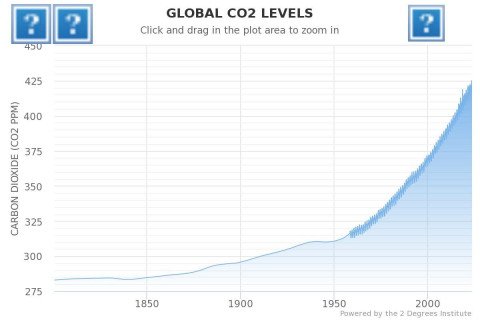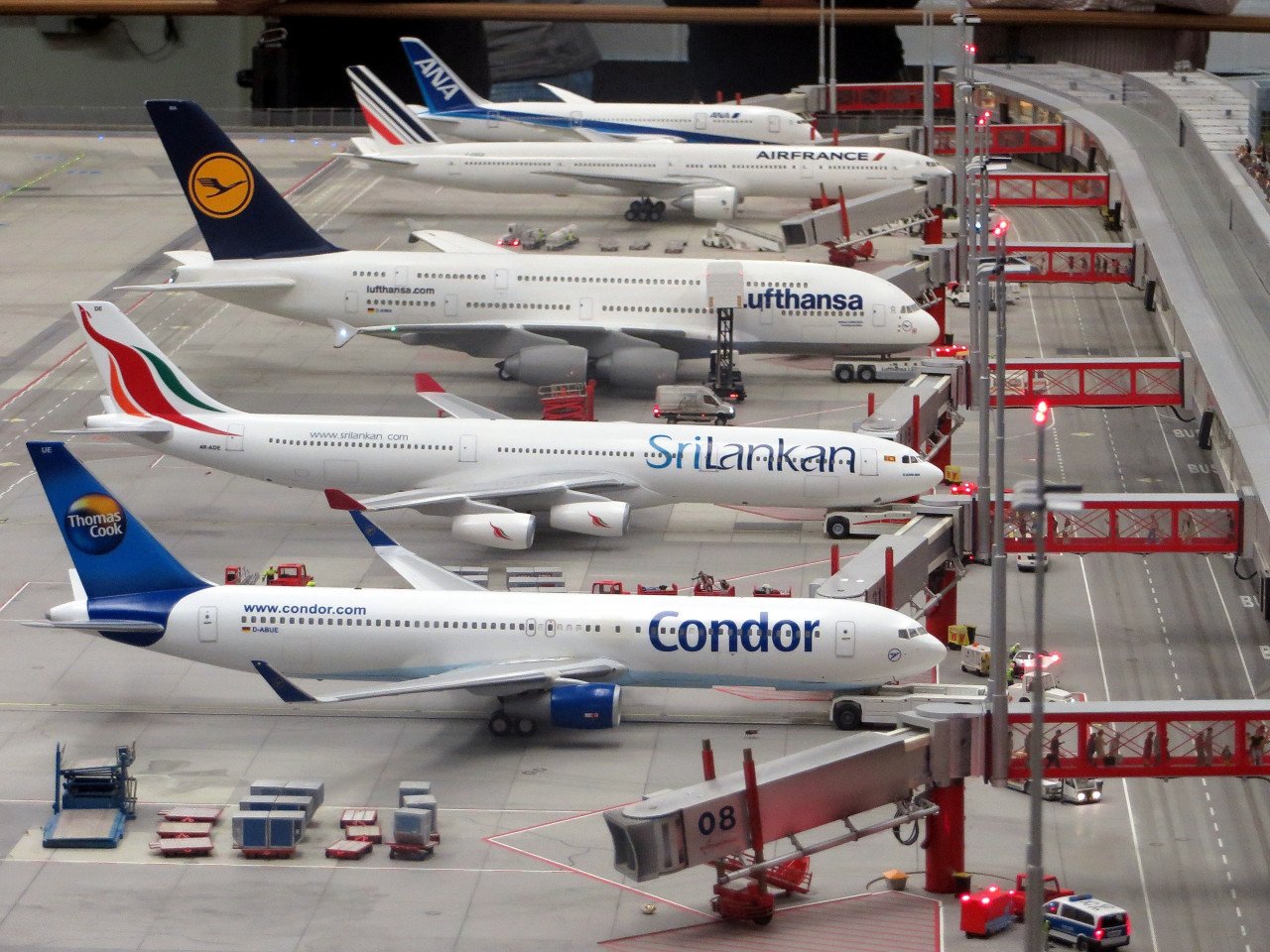The International Air Transport Association (IATA) concluded its three-day summit in Istanbul by reaffirming its commitment for the industry to reach Net Zero by 2050, and called for broad co-operation between global governments, aeroplane-makers, airlines and other stakeholders to achieve the aim.
"We are totally committed" IATA Director General Willie Walsh told a conference after a summit, in reference to the net zero by 2050 target. "Everybody's going to have to play their part," Walsh said, adding that players from governments to aeroplane-manufacturers and airports would have to "work with us" to achieve what he called "an absolute critical goal."
Aviation, which accounts for 2-3% of the world's carbon emissions, is under pressure to seek out sustainable alternatives to jet fuel, known as ATF. Companies around the world are evaluating small capacity e-aircraft and jet engines powered by hydrogen. Another option using Sustainable Aviation Fuel, or SAF.
In a release issued Istanbul, IATA said it estimated global capacity for overall renewable fuels to touch 69 billion liters at least, by 2028, and asked for production support to ensure adequate output of SAF.
"We need governments to act to ensure that SAF gets its fair production share," the release said, adding, "That means, in the first instance, production incentives, to support aviation's energy transition. And we need continued approval for more diversification of methods and feedstocks available for SAF production."

Global CO2 levels now 50% above pre-industrial era, warn US scientists
Read More

